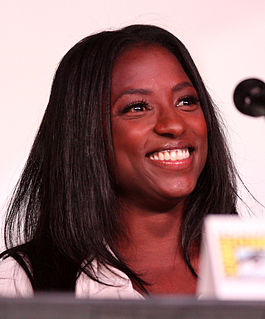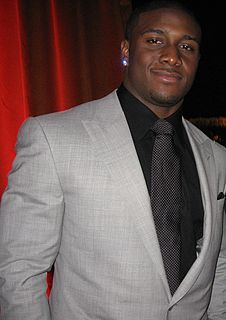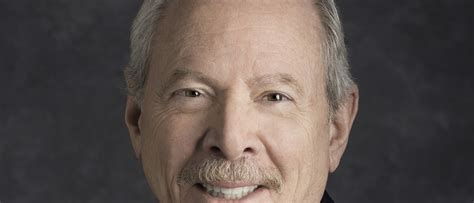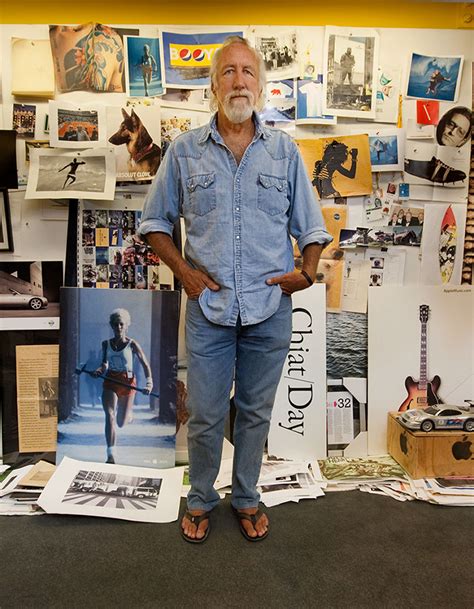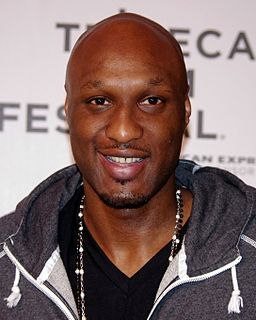A Quote by John J. McLaughlin
My theory is people say under pressure for the most part what they really mean.
Quote Topics
Related Quotes
For the most part, people use "empathy" to mean everything good. For instance, many medical schools have courses in empathy. But if you look at what they mean, they just want medical students to be nicer to their patients, to listen to them, to respect them, to understand them. What's not to like? If they were really teaching empathy, then I'd say there is a world of problems there.
I have not had tragic incidences in my life that have rocked my personal being. The thing that really has been my biggest enemy in this world has been pressure. And people. People who I love. People who look at me differently. The pressure is tough, man. I'm not gonna lie. It's the hardest part. Easily.
I have this theory about words. There's a thousand ways to say "Pass the salt". It could mean, you know, "Can I have some salt?" or it could mean, "I love you.". It could mean, "I'm very annoyed with you". Really, the list could go on and on. Words are little bombs, and they have a lot of energy inside them.
Pressure to me now has become almost part of my life. It doesn't really affect me anymore. People talk about me being under pressure or having pressure of having to come in and be this great player that everyone expects me to be right away. It doesn't really faze me. It's become second nature now. It's almost like it would be weird not to have it.
And make no mistake: irony tyrannizes us. The reason why our pervasive cultural irony is at once so powerful and so unsatisfying is that an ironist is impossible to pin down. All U.S. irony is based on an implicit "I don’t really mean what I’m saying." So what does irony as a cultural norm mean to say? That it’s impossible to mean what you say? That maybe it’s too bad it’s impossible, but wake up and smell the coffee already? Most likely, I think, today’s irony ends up saying: "How totally banal of you to ask what I really mean.





